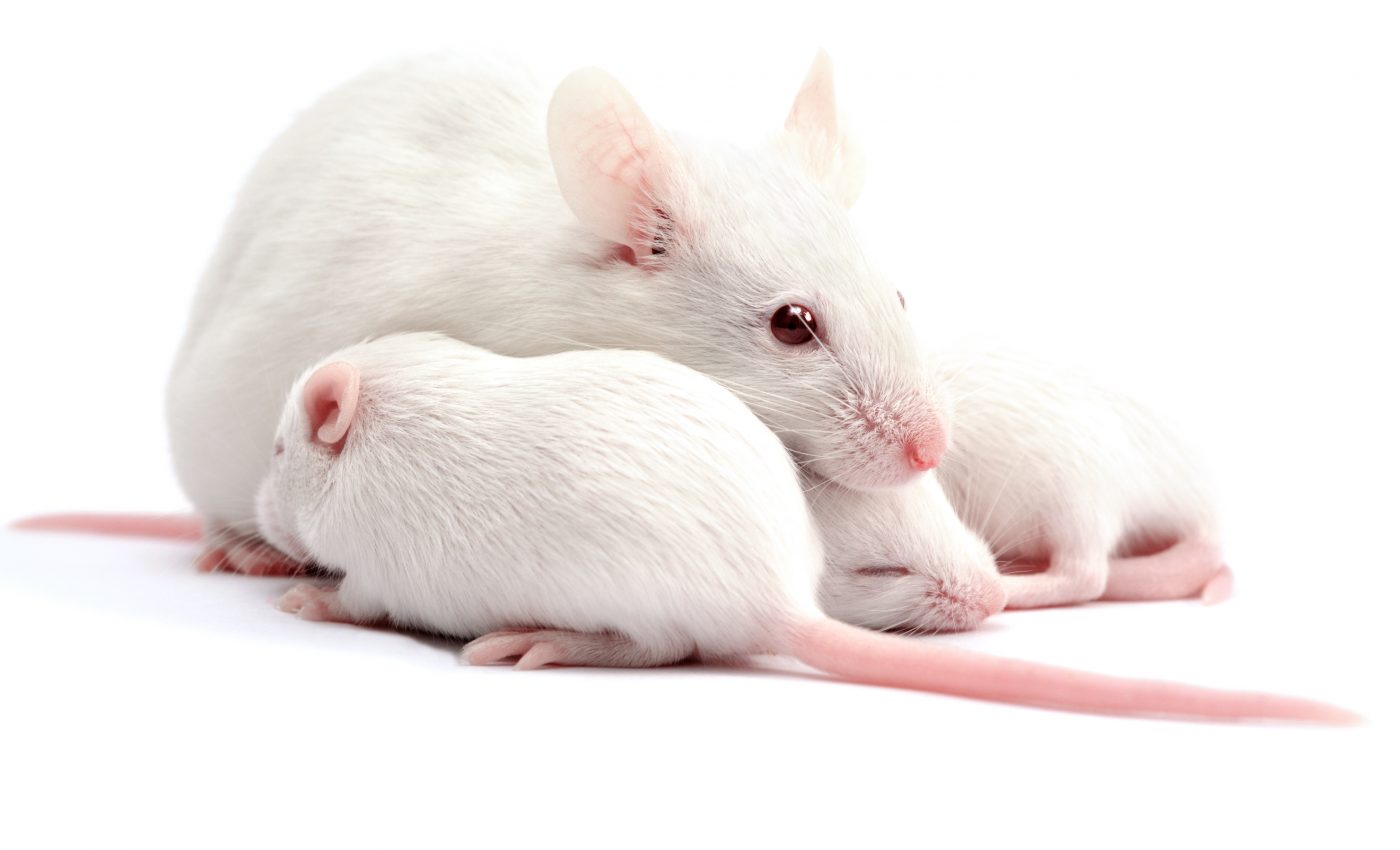
Pheromones in baby tears cause females to reject sexual advances
Researchers at the University of Tokyo have been investigating how animals communicate using chemicals called pheromones. The study revealed that a substance found in the tears of juvenile mice causes adult females to reject the sexual advances of males. Because pheromones are highly species specific, this behavior does not necessarily apply to humans.
“If humans can detect anything in tears, we won’t use the same pheromone signal or receptor as mice,” explained study lead author Professor Kazushige Touhara. “But we are investigating if species share the basic neurocircuitry of how the brain processes an olfactory signal to affect behavior.”
The pheromone, exocrine gland-secreting peptide 22 (ESP22), is only produced by juvenile mice aged one to three weeks. ESP22 is not airborne or noticeable by scent, but is easily spread around the territory as mothers and young mice wipe tears during grooming.
“It is unlikely that other animals would be affected because pheromones are so species specific,” said Professor Touhara. “The sex-rejecting behavior is an innate instinct, so it’s also unlikely that the mice will learn to change their behavior or ignore the artificial pheromone.”
Exposure to ESP22 was found to cause both mothers and virgin female mice to reject male sexual advances. In theory, this would benefit juvenile mice by reducing the number of siblings that will be born to compete for resources.
According to the researchers, the tear pheromone could be used in the future as a type of natural birth control to reduce mouse populations.
“ESP22 is difficult to artificially synthesize, so we want to find a smaller portion of the pheromone molecule that could be added to mouse drinking water,” said Professor Touhara. “This could prevent mice breeding in areas where they are pests.”
The study is published in the journal Nature Communications.
—
By Chrissy Sexton, Earth.com Staff Writer












